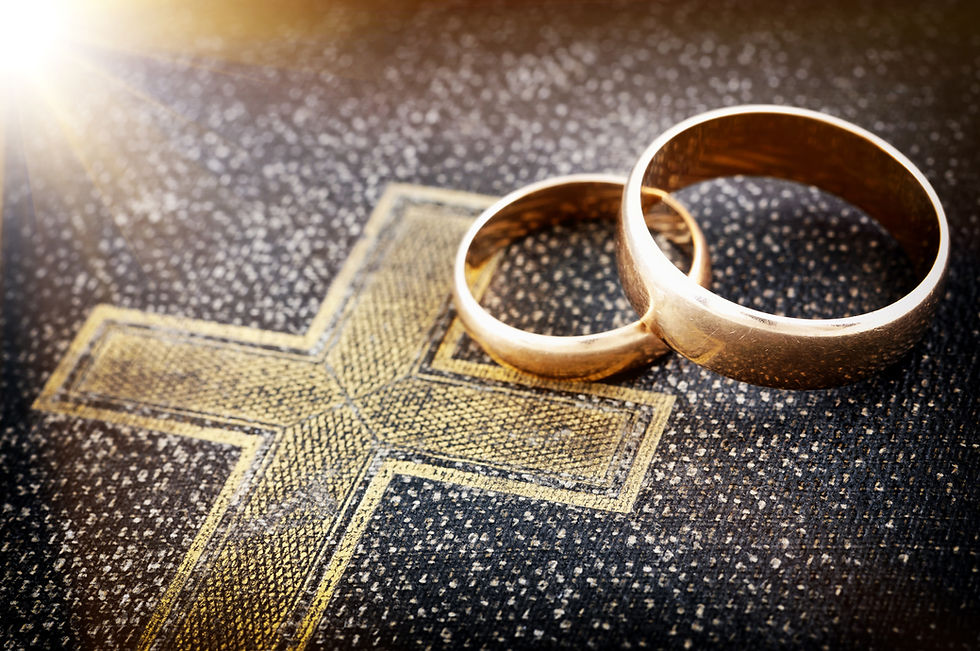Marriage symbolisms (ukuthelwa ngenyongo v wedding vows): Part 1 – Introduction
- Anonymous Soul39

- Nov 28, 2021
- 3 min read
(3 Part series)
Firstly, there is isiko, isikompilo and umkhuba.
Isiko: There are the rules and guidelines to African customs and practices that were derived by Isilo (King) of the Zulu nation.
Isikompilo: It is the way of living of the Zulu people.
Umkhuba: These are the rules that different households live under. An example, KwaMthembu (my mother’s side of the family) when a family member has passed away, they shave their hair. On my father’s side of my family, we don’t shave our hair when a family member has passed away. So, this is not a standard customary practice, it is something that, that specific family practices that another family might not practice.
The reason for these three categories is to show their interconnectedness, show how isiko and isikompilo can’t be separated, and to give an understanding of the marital ‘symbolisms’ (I use this word loosely) that come from practicing isiko and how it influences isikompilo.
As seen from the title, and a bit from the intro above, our topic is about marriage, how deep and spiritual is this commitment (which I lowkey think, as the youth we take very lightly, cause of modern influences, perhaps?). This, til death do us apart/sofa silahlane.
In this trilogy, the first part will be an introduction of my thoughts on marriage in recent times, second and third part, I will speak from an African view (Zulu, because I only have a bit on my culture and the people I spoke to, also had more knowledge on the Zulu marital customs), then a western/religious view on the commitment and spiritual ties that come with marriage, respectively.
As I have gotten older, I have become more interested in knowing more about my (strict) culture, spirituality and possibly the next chapter in my life, marriage (If I am blessed). In this day and age, we celebrate weddings and in under 10 years, we are hearing about divorces. My theory to the demise of the marriages of these recent times is simply because, we underestimate/undermine the ties and core values that come with this enormous commitment, not only to your partner, but to your partner’s family, ancestors from both sides, and God.
Also, as african people, we pick and choose what we would like to practice and not practice in the marital customs. Some families only do lobola and don’t continue to finish the marital customs, which in my opinion is a reason for the marriages not working out. One has started this spiritual tie by engaging with the brides family (including ancestors) for the to-be- bride’s hand in marriage, and then you leave it half way and go living with each other and say you are ‘married’ all because the lobola part was done.
Then with the view of religion, we undermine the event of becoming one, when you say I do. The vows that create a spiritual convenant, we take them as words that come from the dictionary and not words that speak life into their becoming of one til death do them apart. I believe that our naivety to the spiritual impact is what makes marriage a lifestyle choice more than what it really is.
So, for the next 2 weeks, before the December break, I will go into details on the spiritual ties that come with marriage and how you can possibly see these through understanding why certain practices are followed, and what it symbolizes to us, our families, our ancestors and to God.
Stay tuned in before we all rest for the December break. Definitely, please share with family and friends, share your comments, subscribe to my blog and please follow my account on IG @anonymoussoul39.
Have a blessed Sunday.







Comments